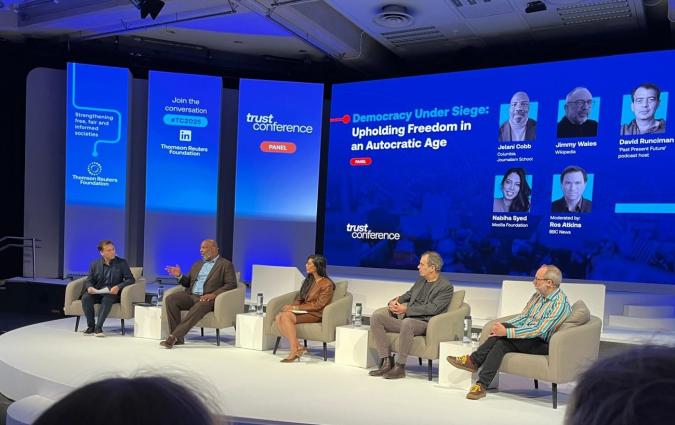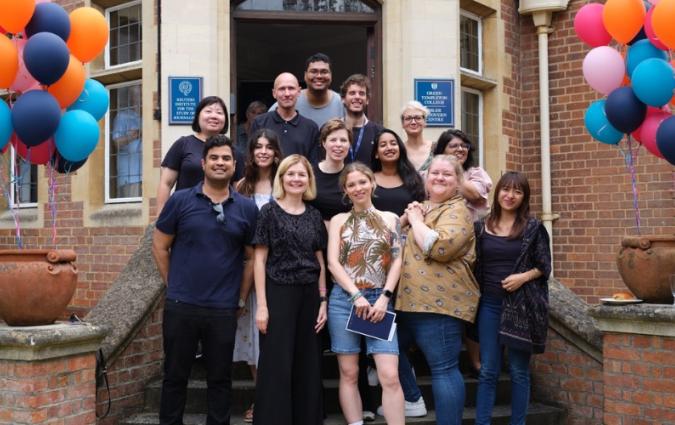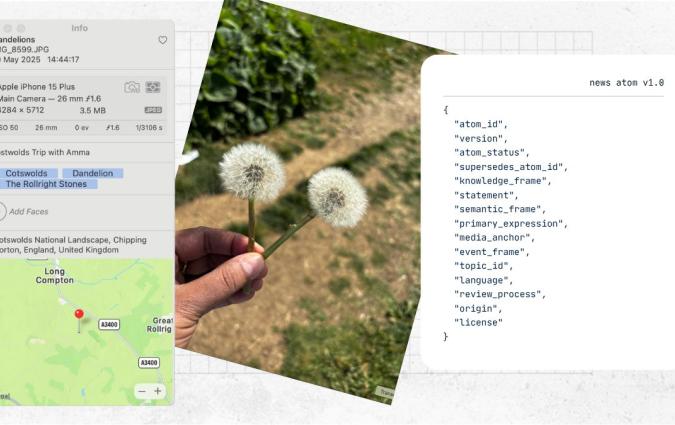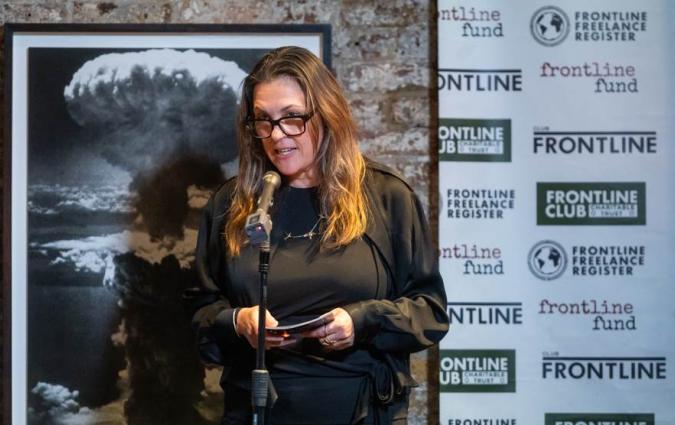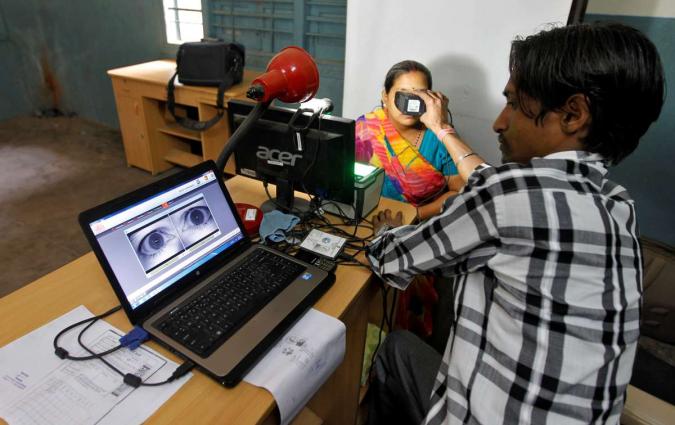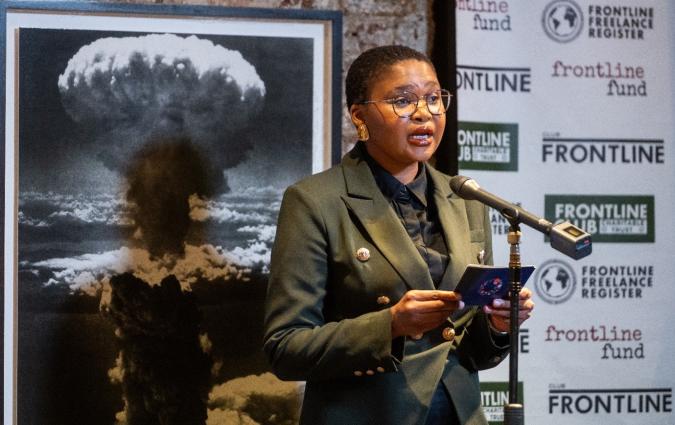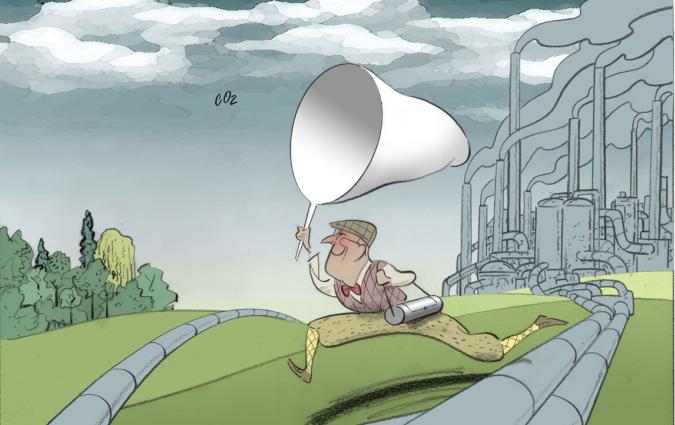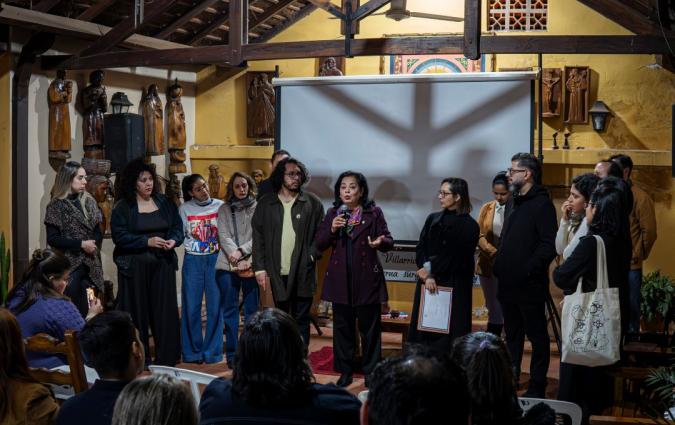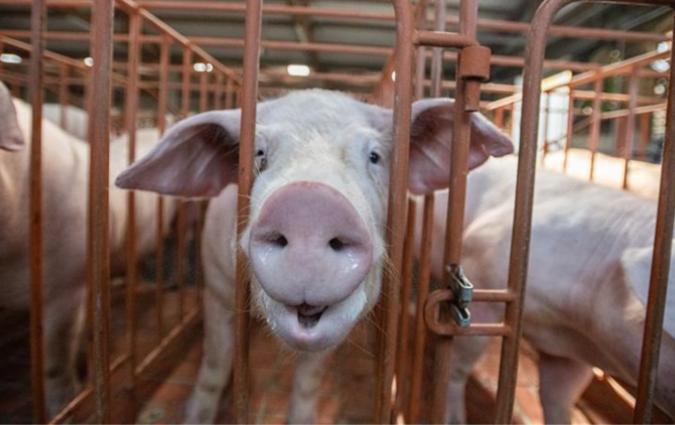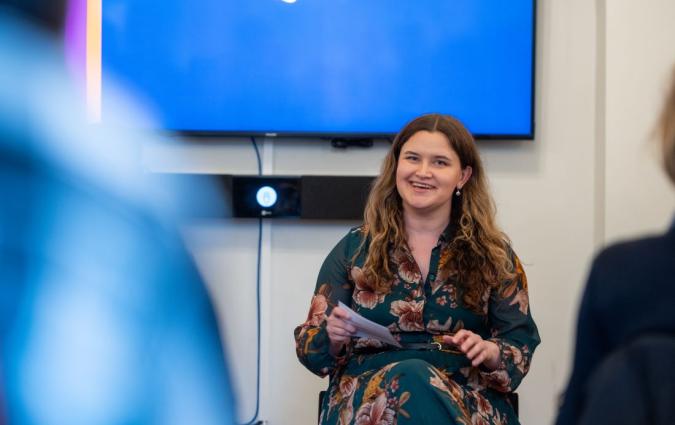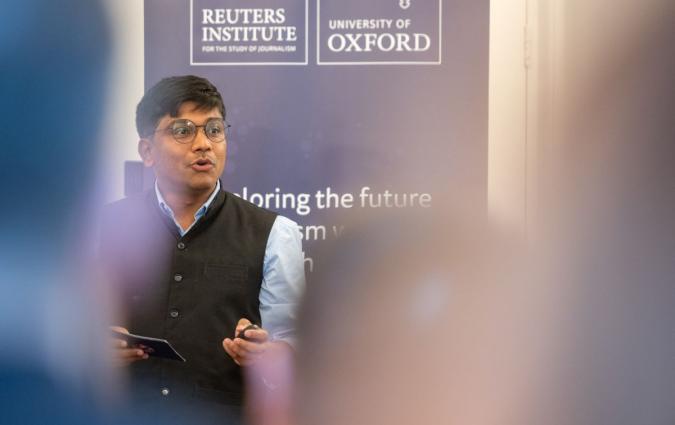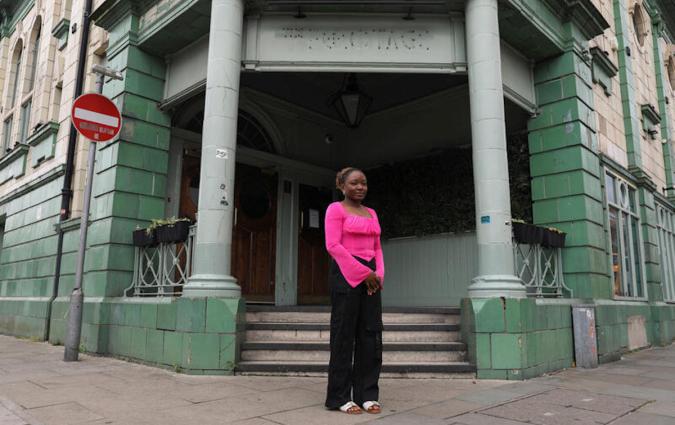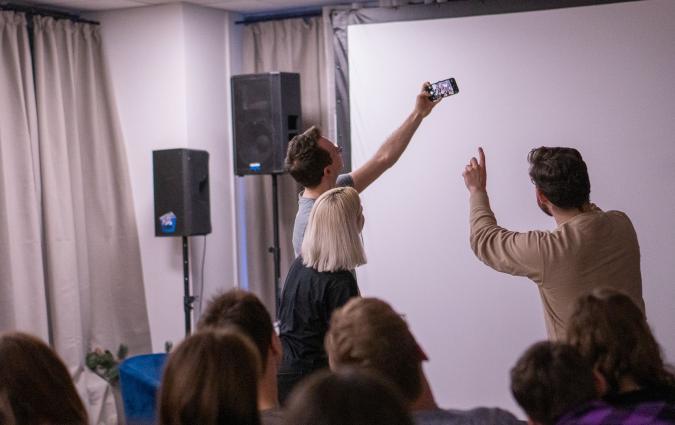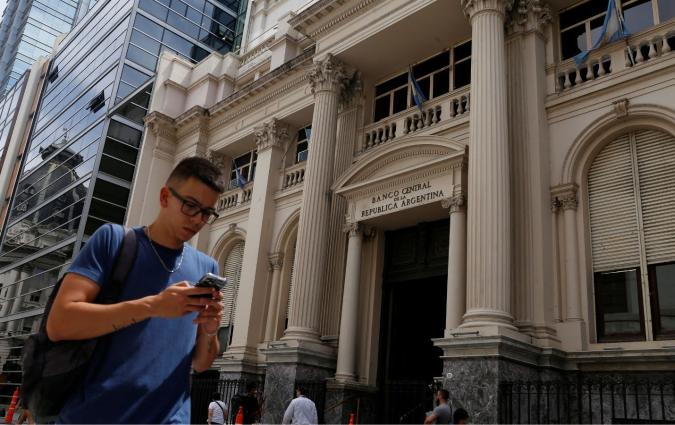
Our survey explores how people use generative AI in their everyday lives, what they think its impact will be on different areas of society, and what they think about its use in news and journalism specifically.
More from us
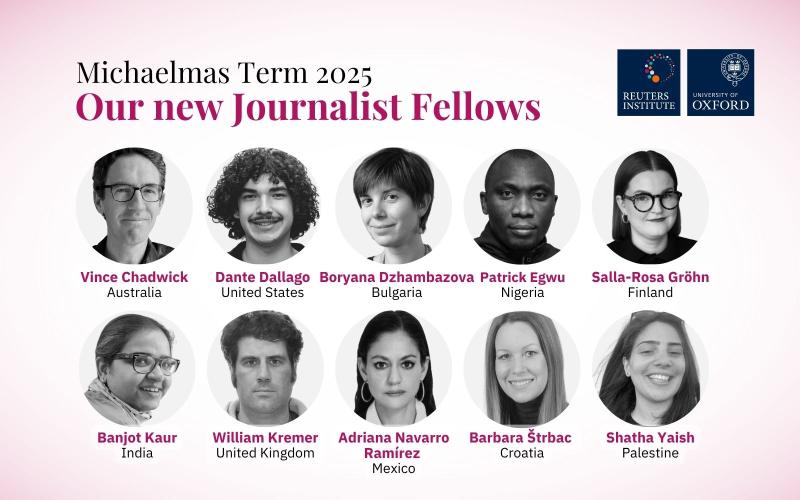
They will each take part in an immersive schedule of seminars, events and discussions, and will complete a project exploring the future of journalism.
In every email we send you'll find original reporting, evidence-based insights, online seminars and readings curated from 100s of sources - all in 5 minutes.
- Twice a week
- More than 20,000 people receive it
- Unsubscribe any time
signup block
As part of the programme, our Fellows carry out a project focusing on an important journalism topic of relevance to their career and workplace.
As the industry changes, we track the ever-shifting trends, aiming to connect rigorous academic research with the practical experiences of professional journalists, media managers and policy-makers.
AI and the future of news

This report looks at how people use generative AI, and what they think about its application in journalism and other areas of work and life across six countries.
More from us
The Reuters Institute for the Study of Journalism is dedicated to exploring the future of journalism worldwide through debate, engagement, and research.
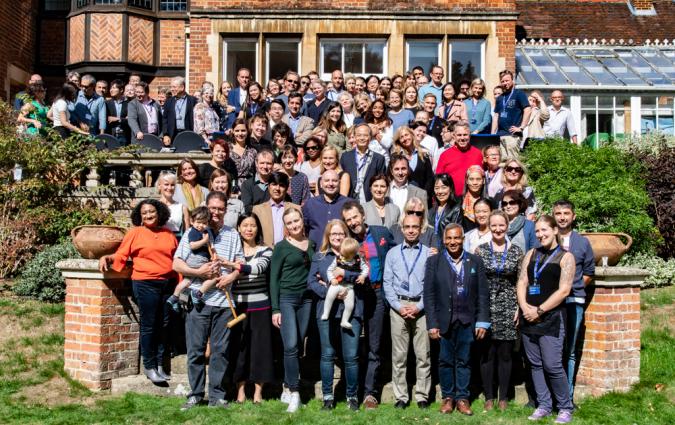
What we do
Here is the Institute's activity during the 2023-24 academic year in a few numbers, with links to our research and editorial output, and our Journalist and Leadership Programmes.
Journalist Fellows we hosted in the 2023-24 academic year
Reporters and editors who've been part of our Oxford Climate Journalism Network since its launch
Participants in our Leadership Development Programmes
pieces of research published on our website
pieces of journalism published on our website over the past academic year
People receive our newsletters. | Sign up now



